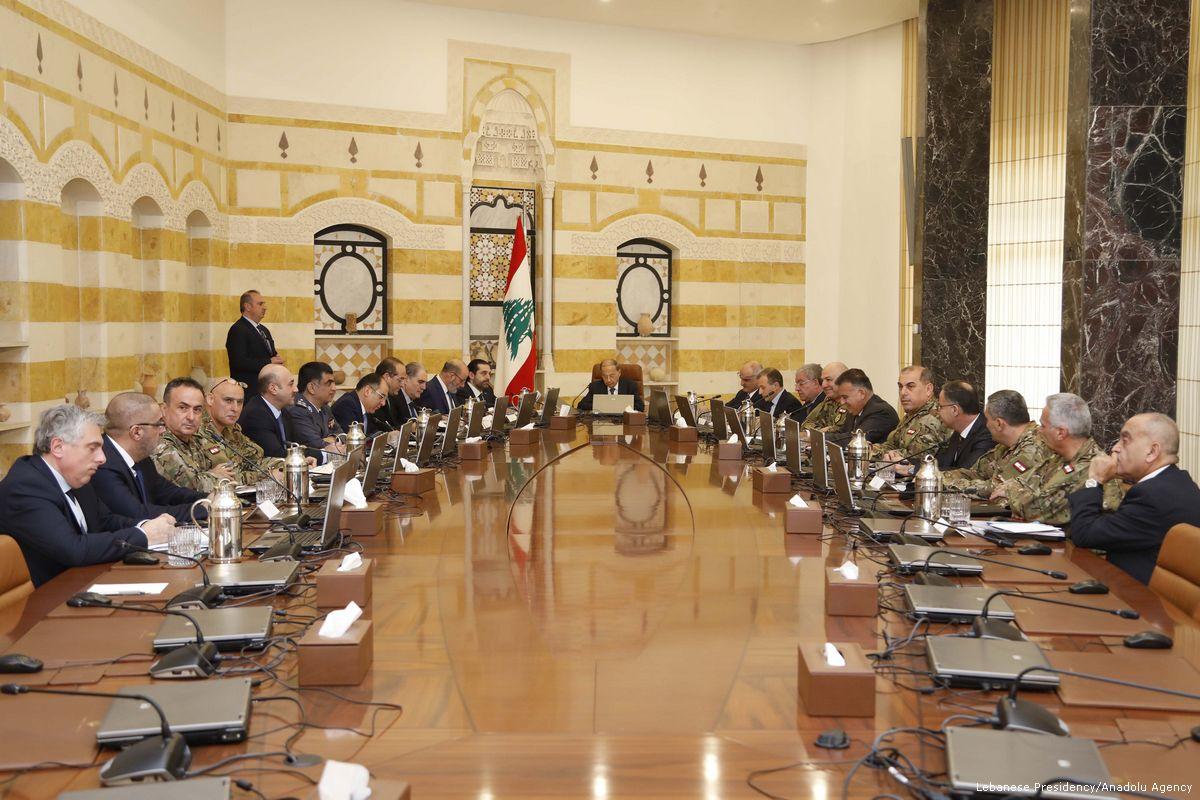Lebanon got a new government on January 31, after nine months of power struggles between rival political factions. A compromise was finally reached about the makeup of the cabinet and the representation of the various political factions in the country, including Hezbollah. Discussions on the new government have been going on since May last year, when the country’s first parliamentary elections in nine years were held.
The new government will be led by the incumbent prime minister, Saad Hariri, a Sunni politician backed by the West, who has held the post since 2016. Lebanon has a power-sharing political system between the different religious groups in the country. The number of seats in parliament is divided between Christians and Muslims, and the president must be a Maronite Christian, the prime minister a Sunni Muslim and the speaker of the parliament a Shia Muslim.
Even though a third of the lawmakers from Hariri’s Future Movement lost their seats, he still managed to end up as the leading Sunni politician in the country. The 30-member ministry, for the first time, includes four ministers belonging to Hezbollah and its allies. The ministry of health, whose budget is the fourth biggest in the state, also went to the Hezbollah bloc.
The new government comprises four women ministers, another first for Lebanon. The number has doubled from the previous cabinet. The Future Movement’s Raya-al-Hasan has been appointed to head the interior ministry portfolio, which oversees policing, national security and elections. Violette Safadi, Nada Boustany and May Chidiac are the three other women ministers.
The new health minister, Jamil Jabbak, although not a member of Hezbollah, is considered close to the group’s leader, Hasan Nasrallah, and was his personal physician in the past. Hezbollah, along with groups and individuals it supported, made significant gains in the last elections, winning 70 of the 128 seats. The United States had raised concerns over the possibility of Hezbollah being allocated the health ministry, threatening sanctions and other punitive measures to prevent Hezbollah from using the resources of the ministry to increase its political influence in the country. Hezbollah is already under stringent US sanctions and is designated as an international terrorist organization by the US. In the past, Hariri had also warned against Hezbollah holding the health ministry, to avoid the risk of US sanctions targeting the ministry as well.
US officials have already started leveling allegations about Hezbollah seeking to divert public money from the health ministry to its own coffers to fund its own agenda, including ‘terrorism.’ Marshall Billingslea, assistant secretary for terrorist financing in the U.S. department of the treasury, said the US would work in partnership with Europe and the new Lebanese government to make sure that Hezbollah is not funded through the Lebanese banking system, adding that the US is planning to impose more sanctions on Hezbollah.
Following the announcement of the new government formation, prime minister-elect Hariri apologized for the delay. He stressed that the economy would be its main focus. “The time of treatment with painkillers is over. No one can put their head in the sand any more. Matters are as clear as the sun. All the problems are known and the causes of the corruption and waste and administrative deficiency are also known. Lebanese are living in concern about the economic situation,” he said
Lebanon has the world’s third highest debt-GDP ratio. Its public debt is USD 84 billion, which is 155% of its GDP. The unemployment rate is believed to be around 36%. The newly formed government now may end up introducing economic reforms to allow the infusion of almost USD 11 billion worth of soft loans and grants, meant for infrastructure investment, pledged by international donors at a conference in Paris last year. Last week, Qatar also pledged to invest USD 500 million in Lebanon.
Lebanon witnessed several public strikes by labor unions and government employees, in the recent past, against the delay in the formation of a national government, corruption and the deteriorating economic situation in the country. In December last year, thousands of Lebanese citizens marched on the streets in a protest organized by the Lebanese Communist Party, frustrated with the political crises and economic problems afflicting the country.





